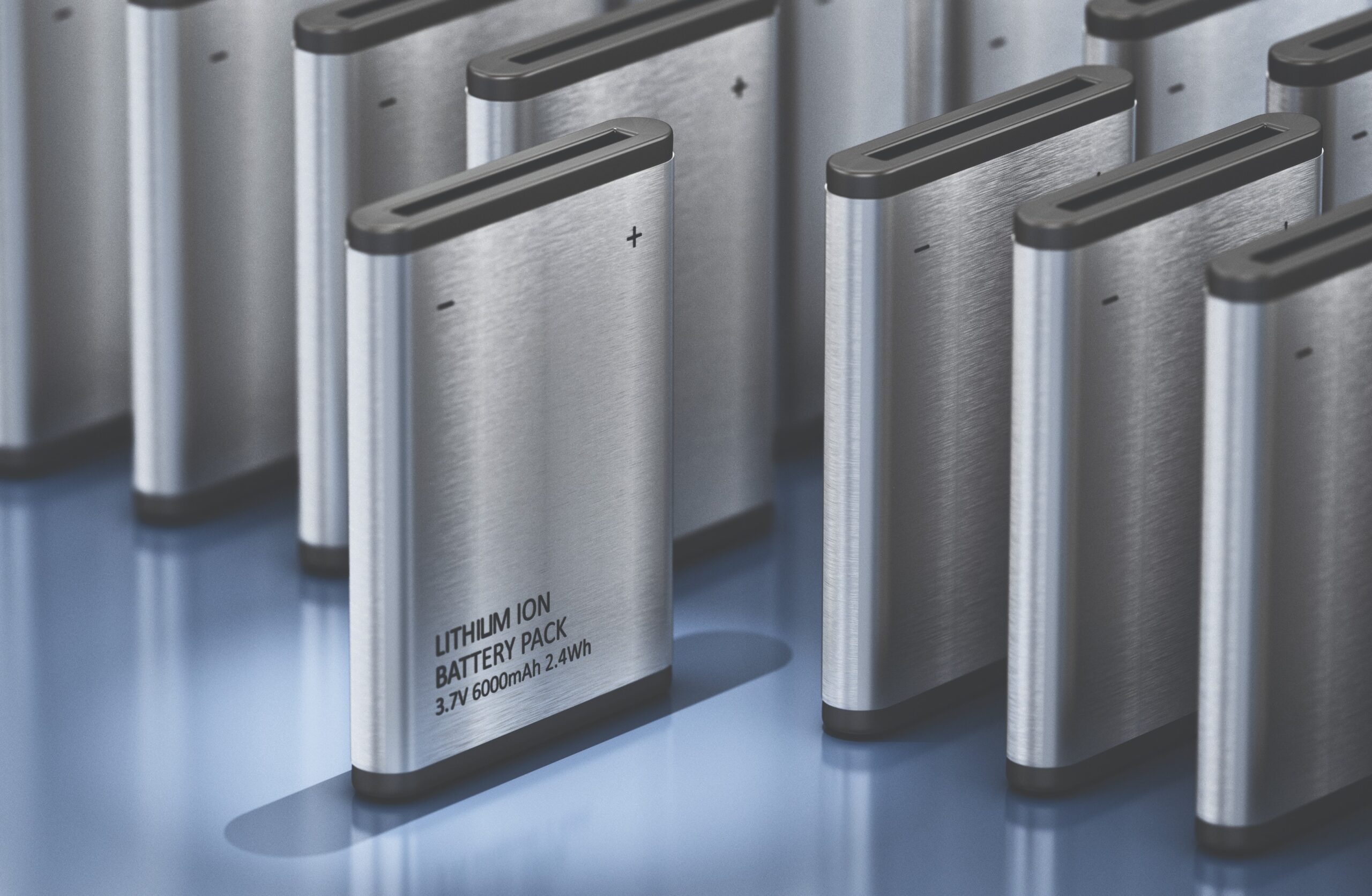As the number of lithium batteries in use continues to surge, the risks involved in transporting them by air are of growing concern. But there are moves afoot to address the issues.
One of the biggest safety concerns facing the air cargo industry is the transport of lithium batteries, due to the fire risk associated with them.
IATA’s head of cargo safety and dangerous goods David Brennan says that despite ongoing efforts, there remain two main areas of concern about the transport of such batteries: undeclared shipments; and the residual risk of fire.
Brennan explains that undeclared battery shipments are often down to ignorance – for example a bike manufacturer expanding into e-bikes that posts out a replacement battery without being aware of the restrictions.
However, he adds, it can also be that there are “some people that think they do not need to comply with the regulations”.
The other area of concern raised by Brennan is the residual risk of fire, for example when batteries do not meet the proper standards.
To help reduce the risk of fire, IATA is working with regulators to extend known consignor programmes; developing an integrated safety and security risk assessment standard; issuing new guidance material; and improving incident data.
“If we don’t know what is going on, we can’t possibly fix it,” says Brennan. “If we know what the root cause could be, we can look at improving that – was it the training, is it improvement of regulations, is it outreach, is it enforcement?
“We need better data and we are looking to build that,” he says.
He adds that IATA has already launched an incident data exchange and last year, 44 new members joined, bringing the total number to 228.
Brennan says a recent regulatory change could also help improve the situation. At the end of last year, the United Nations subcommittee of experts on the transport of dangerous goods adopted new UN numbers and proper shipping names to specifically identify vehicles powered by lithium batteries.
“Currently, the description we have is battery powered vehicles – but what sort of battery is it? Lithium, wet cell, nickel? It doesn’t tell us.
“With this new description, we now know if the vehicle is powered by lithium ion batteries.”
The focus is on items such as e-scooters and e-bikes, rather than electric cars, he states.
“It will provide better hazard communication because these numbers will have different hazard labels and airlines will be able to see what they are carrying and manage that.”
There is also the potential that the International Civil Aviation Organization may decide to apply a state of charge limit to vehicles powered by lithium batteries to mirror the 30% maximum allowed for shipments of batteries themselves.
Seeking certification
Brennan also highlights IATA’s CEIV Lithium Battery certification programme, a standard issued to companies that have shown they have met certain requirements in relation to battery transportation.
At the time of writing, 18 companies had been certified, including two airlines, six handlers, seven forwarders, two ramp handlers and one shipper.
Another area in focus is the use of containers and covers to contain fires involving lithium batteries.
Brennan says a standard is required to improve and scale up the use of fire-resistant containers and covers.
“We are working with the airlines, manufacturers and regulators to develop a fire test standard that can then be used to demonstrate the capabilities of these containers and covers,” he says.
“The challenge we have at the moment is that without a standard, we have airlines that are spending money and doing testing but there is no level playing field. The airlines that are interested are worried; if they buy something, will it meet the standard?”
Finally, Brennan calls on governments to do their part. “Governments need to step up as well. We depend on the government authorities of the world to do their job,” he states. “The airlines can do as much as they can, be it trying to prevent the introduction of undeclared dangerous goods into the system, building better barriers, or doing safety risk assessments. But it is only the government authorities that can do the enforcement, particularly where we have seen people lie about what they offer as air cargo.
“We believe those people should frankly be thrown in jail, but the governments have to step up.”
The post High tension over batteries appeared first on Air Cargo News.



